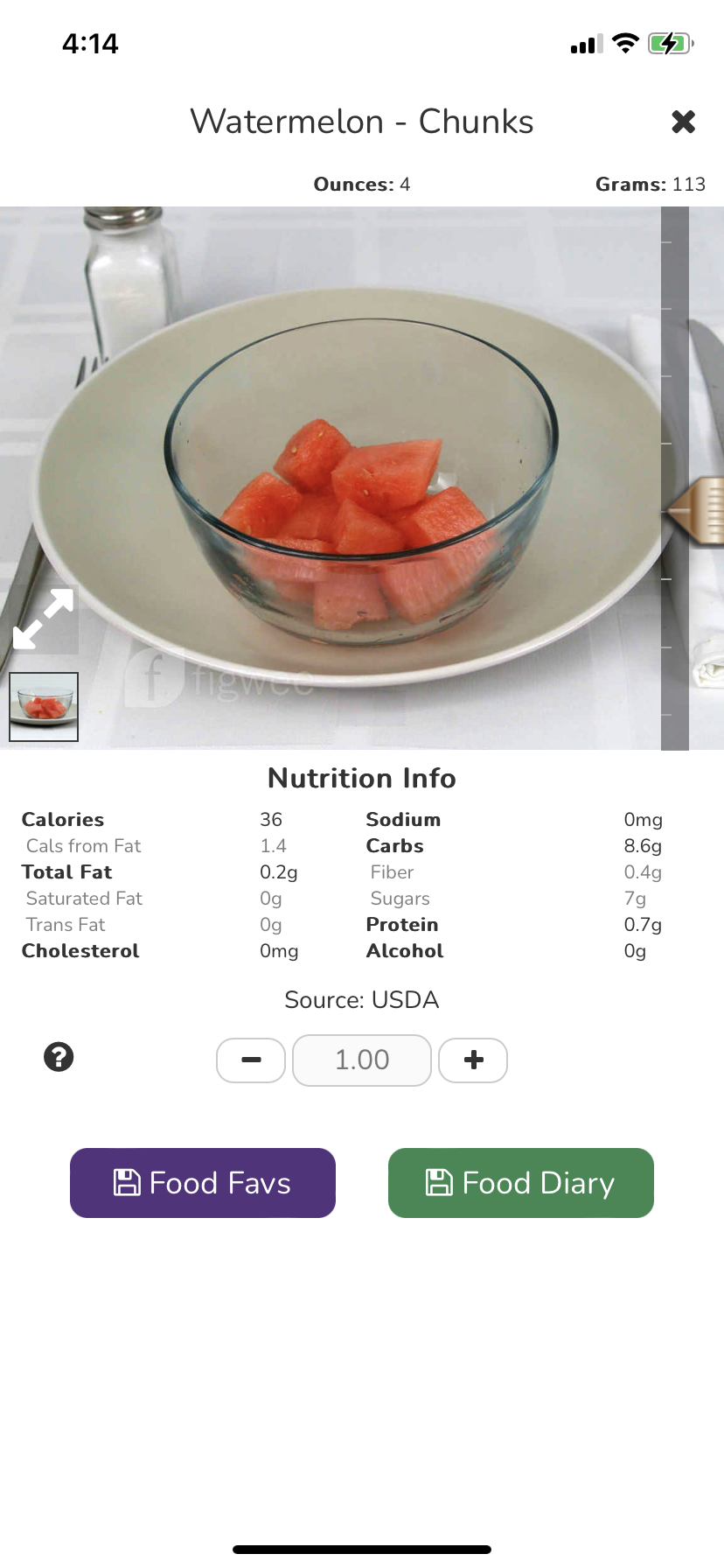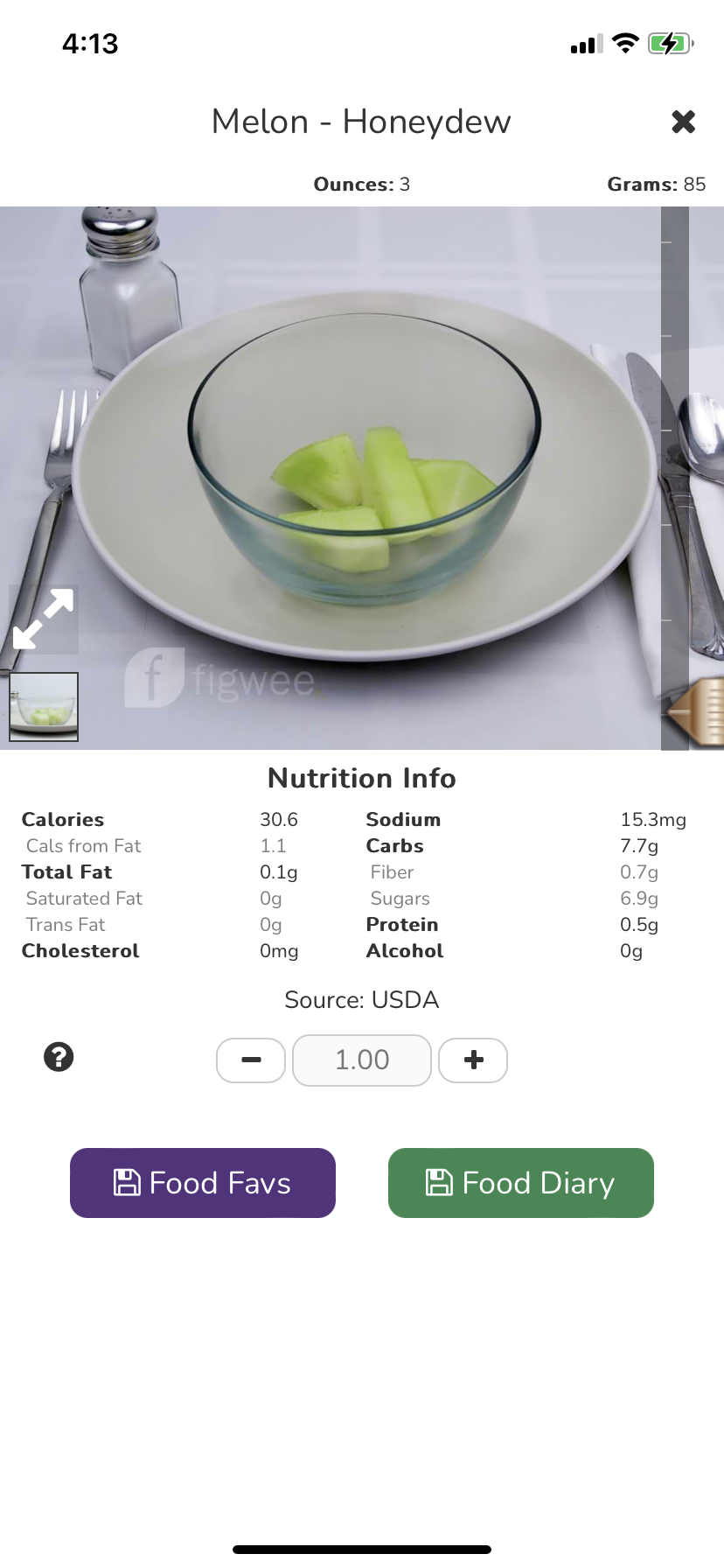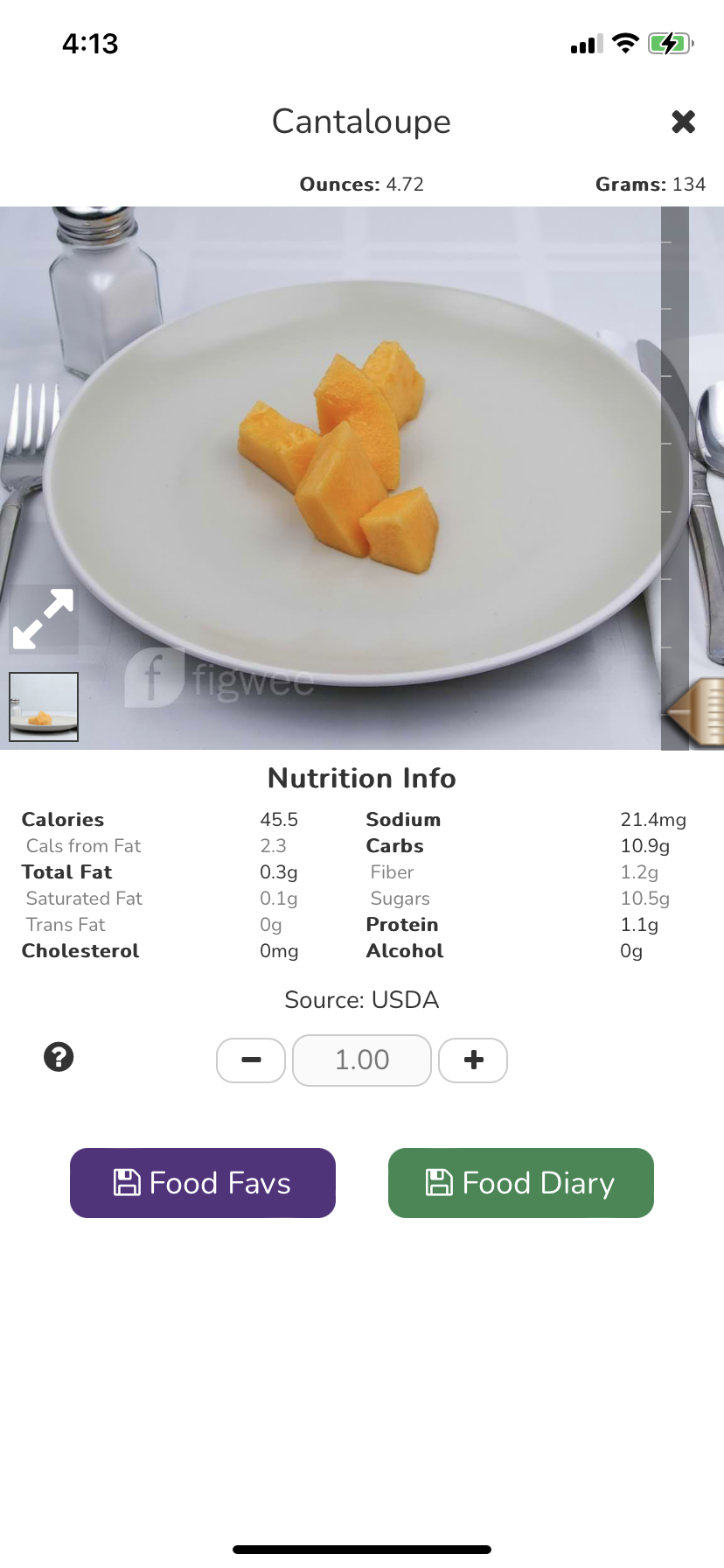Find out the nutritional information for different types of melons.
This is general information used for entertainment purposes. Melons are generally safe to consume, individuals with certain conditions, such as diabetes or kidney problems, should be mindful of their sugar and potassium intake and consult with their healthcare provider if necessary.
Melons are one of the best parts of summer. For me, watermelon is my favorite, but I won’t turn down any melon. They are a great addition to any menu. Let’s take a closer look at some top melons.
Check out the photos below to see the nutritional information for the different melons: melon calories, melon carbs, melon sugars.
Watermelon
This is my personal favorite melon. Every summer I do battle to find the best watermelon out there.
Made up of about 90% water, they are very hydrating. They are low in calories, with approximately 30 calories per 100 grams. They also contain vitamins A and C, as well as minerals like potassium and magnesium, additionally, they contain lycopene, a powerful antioxidant known for supporting a healthy immune system.
As Jerry Seinfeld says “fruit is a gamble” and there are lots of guides to picking the best watermelon. This is my strategy and it seems to be working: round, heavy for its size, dark yellow sun spot, and webbing (those lines that look like someone drew on it). Hopefully you will come home with a great watermelon.
Cantaloupe
Cantaloupes are a super healthy addition to your diet. They are low in calories and fat while being rich in essential nutrients. They are an excellent source of vitamins A and C, also containing antioxidants that promote eye health, immune function, and skin health. Cantaloupes also contain dietary fiber, potassium, and other beneficial compounds.
When choosing a ripe cantaloupe, look for a fruit that feels heavy for its size. Then give it a sniff, it should smell sweet. The skin should be firm with a slight give when gently pressed at the blossom end. Avoid cantaloupes with soft spots, bruises, or mold.
Honeydew melons
Low in calories and fat while being high in essential nutrients. They are a good source of vitamins C and K, as well as potassium and dietary fiber. They also contain small amounts of other vitamins and minerals, such as vitamin B6, folate, magnesium, and calcium. They contain antioxidants, such as vitamin C and beta-carotene, which help protect the body against cellular damage caused by free radicals. These antioxidants may contribute to overall health and reduce the risk of certain chronic diseases.
When selecting a ripe honeydew melon, look for one that feels heavy for its size and has a slight give when gently pressed at the stem end. It should have a sweet aroma and a smooth, unblemished skin.



If you are looking for a better way to find out how many calories are in foods, give Figwee a try. It is free to use and an indispensable tool for learning (and tracking if you wish).
